I’m a Doctor and Warn You Don’t Believe These COVID Myths
Here are some of the most high-profile vaccine myths, busted.

Since the start of the COVID-19 pandemic, there have been endless myths surrounding the virus that have spread – especially surrounding the vaccines. “COVID-19 vaccines are safe, effective, and free. Everyone 6 months and older can get an updated COVID-19 vaccine,” explains the Centers for Disease Control and Prevention. Obviously, getting vaccinated is a personal choice. But if you are hesitant to get the jab based on the information you have heard surrounding the potential dangers, it’s essential to separate the facts from the myths. We asked Covid expert Darren Mareiniss, MD, FACEP emergency medicine physician, to bust a few of the most high-profile COVID myths swirling around.
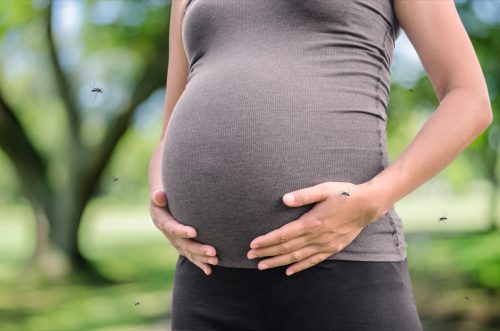
Are you worried that getting the vaccine may impact your chances of getting pregnant? “This is not correct,” says Dr. Mareiniss. “There have been studies regarding fertility that specifically debunk this myth. “
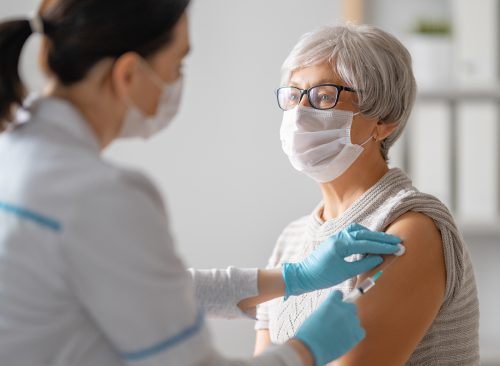
Dr. Mareiniss maintains this is another “incorrect” belief. “Data demonstrates significantly improved protection from severe disease when vaccinated as compared to simply previously having COVID. In addition, as the variants change, vaccines are being modified to improve immune defenses. So, as the virus changes, the vaccine can provide protection that prior infection does not provide,” he says.

This is simply not true, says Dr. Mareiniss. “The mRNA covid vaccine has gone through extensive testing large scale study and passed rigorous FDA evaluation. By all accounts, it’s one of the most tested (if not the most tested) vaccines in the history of the FDA. Also, we continue to accumulate aftermarket data on millions of individuals that have received the vaccines,” he says.
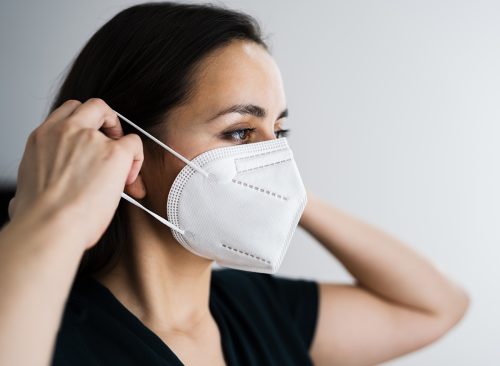
Getting the vaccine doesn’t mean you shouldn’t wear a mask. “The vaccine protects recipients from death and severe disease. It is not a shield and will not prevent infection,” says Dr. Mareiniss. “If warranted by disease prevalence, masking can prevent infection.”
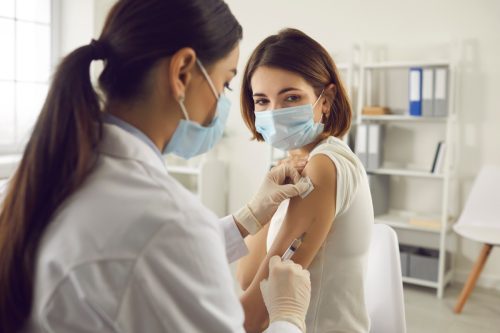
No, getting vaccinated won’t give you the virus. “The COVID-19 vaccine simply creates an immune response to specific virus proteins. It protects you from covid. It does not and cannot give you covid,” says Dr. Mareiniss.
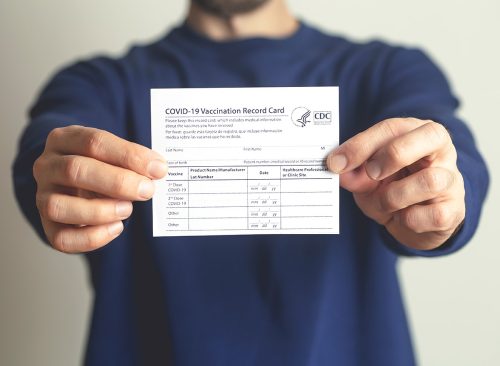
“As compared to infection with COVID-19, the risk of the vaccine is minimal and clearly justified,” attests Dr. Mareiniss. “Vaccinated individuals are clearly less likely to die of Covid-19 infection than non-vaccinated individuals. Also, vaccination does not increase death by non-covid-related causes. The most significant COVID-19 mRNA vaccine side effect is anaphylaxis (very severe allergic reaction). This is very rare (5 per 1,000,000 vaccine doses), and we screen for this among everyone who receives the vaccine. There are also very rare reports of myocarditis/pericarditis after vaccination. This has been seen predominantly in males in their late teens and early 20s. Even within this group, it is an extremely rare occurrence (4.9 per 100,000 doses by a Moderna study), and the few patients identified typically fully recover.”

Again, this is not true. “The mRNA uses your cellular ribosomes to create a viral protein that your body’s immune system identifies. The mRNA does not and cannot alter your DNA,” says Dr. Mareiniss.
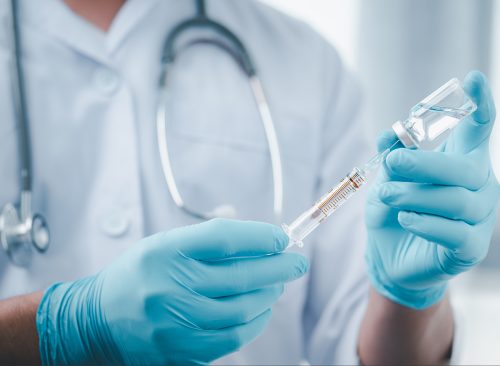
Again, this is another fallacy surrounding the vaccine. “We’ve had this technology for a long time,” Dr. Mareiniss confirms.
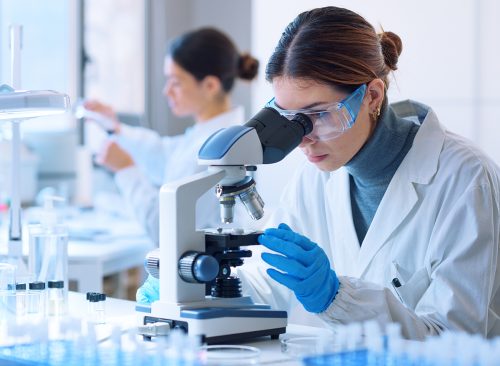
This is simply not true, says Dr. Mareiniss. There are no controversial substances in the vaccine.
RELATED: Surprising Signs You’ve Already Had COVID
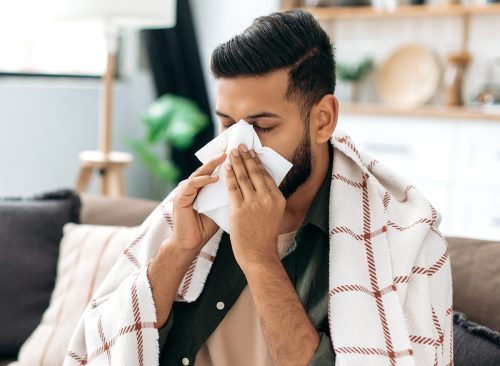
Dr. Mareiniss calls the mRNA technology “a huge step forward in vaccine developments,” however, he doesn’t expect a vaccine for the common cold. “There are hundreds of viruses that can cause cold symptoms (e.g., adenovirus, rhinovirus, RSV… etc),” he points out.














